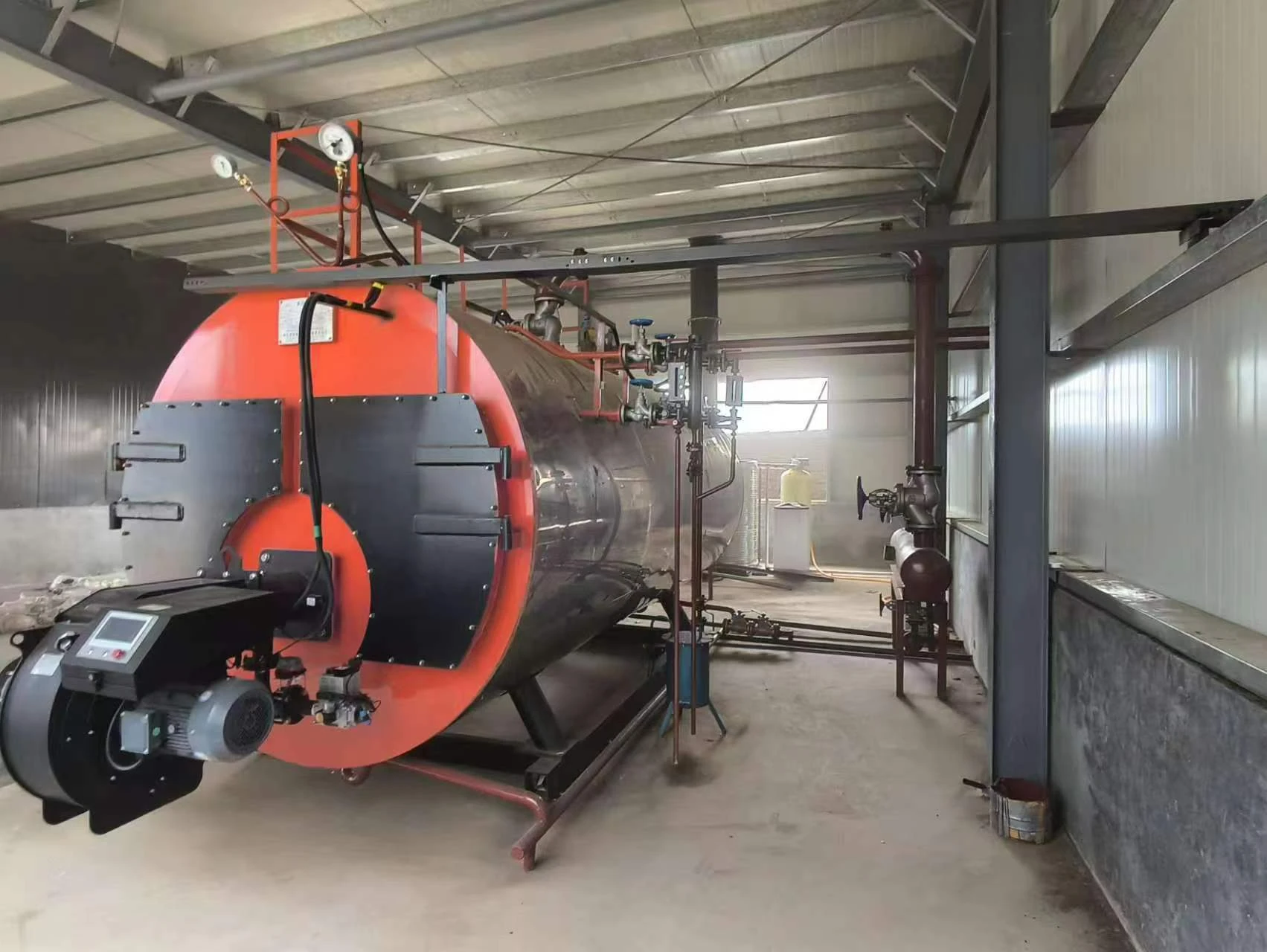
Nov . 06, 2024 16:10 Back to list
Understanding Biomass Heating Systems and Their Benefits for Sustainable Energy Solutions
Understanding Biomass Heating Systems
In recent years, the significance of sustainable energy sources has gained prominence, and one of the most innovative alternatives is the biomass heating system. Biomass heating utilizes organic materials to generate heat, making it a renewable energy solution that contributes to reducing carbon emissions while providing efficient heating for various applications. This article delves into what biomass heating systems are, how they operate, their benefits, and some considerations for those thinking about switching to this eco-friendly option.
What is Biomass?
Biomass refers to any organic material derived from living or recently living organisms. This includes wood, agricultural crops, waste from forestry and agriculture, and even some types of garbage. When processed effectively, these materials can be converted into heat energy. Biomass heating systems capitalize on this by burning organic matter to produce heat for residential, commercial, or industrial use.
How Biomass Heating Systems Work
At their core, biomass heating systems function similarly to conventional heating systems that utilize fossil fuels. They typically involve the combustion of biomass materials in a dedicated boiler, stove, or furnace. The combustion process generates heat, which is then used to warm up water for radiators or to directly heat the air in a space.
There are several types of biomass heating systems
1. Wood Stoves and Fireplaces These are traditional methods for burning wood logs or pellets. Modern wood stoves are designed for greater efficiency and reduced emissions compared to older models.
2. Pellet Stoves These burn pellets made from compressed wood or other biomass sources. They provide a consistent heat output and are usually more automated, allowing for easier usage.
3. Biomass Boilers These systems are larger than stoves and can heat an entire home or a commercial building. They can burn various biomass materials, including wood chips, sawdust, and agricultural residues.
4. Combined Heat and Power (CHP) Systems These advanced biomass systems generate both heat and electricity from biomass fuel. They are particularly effective in larger applications where both forms of energy are needed.
Benefits of Biomass Heating Systems
1. Renewable Energy Source Biomass is considered renewable because it can be replenished naturally over time. Unlike fossil fuels, which are finite, biomass sources can be sustainably managed and regenerated.
what is a biomass heating system

2. Reduced Carbon Footprint Biomass heating systems can significantly reduce greenhouse gas emissions. While burning biomass does release carbon dioxide, the process is considered carbon neutral as plants absorb CO2 during their growth.
3. Waste Reduction Utilizing agricultural and forestry residues for heating helps in reducing waste in landfills. This repurposing of waste materials contributes to a circular economy.
4. Economic Advantages Biomass can often be locally sourced, which supports local economies and creates jobs in biomass production, processing, and installation.
5. Energy Security By relying on local biomass resources, communities can enhance their energy independence and reduce their reliance on imported fossil fuels.
Considerations When Switching to Biomass Heating
While the advantages of biomass heating systems are compelling, several considerations should be addressed before making the switch.
- Initial Costs Biomass systems can have higher upfront costs compared to conventional heating systems. However, this can be offset by savings on fuel costs over time.
- Space Requirements Depending on the type of biomass system, adequate space is needed for the installation and storage of biomass fuel.
- Maintenance Needs Biomass heating systems require regular maintenance, including cleaning and servicing to ensure optimal performance and emissions control.
- Fuel Availability It's essential to ensure a consistent supply of biomass fuel, which may involve sourcing locally or establishing supply chains.
Conclusion
Biomass heating systems represent an innovative and sustainable approach to meeting our heating needs. By turning to organic materials for energy, we can help reduce our environmental impact while enjoying energy security and supporting local economies. If you're considering a switch to biomass heating, weigh the benefits against the considerations to determine if it's the right system for your home or business. As awareness and technology continue to evolve, biomass heating could play a crucial role in our transition to a more sustainable energy future.
-
Efficient Biomass Fired Hot Water Boiler | AI Heating Solution
NewsAug.01,2025
-
High-Efficiency Gas Thermal Oil Boilers | HPT Models
NewsJul.31,2025
-
Oil Fired Hot Water Boilers Sale - High Efficiency & Affordable
NewsJul.31,2025
-
High-Efficiency Commercial Oil Fired Steam Boiler for Industry
NewsJul.30,2025
-
High-Efficiency Biomass Fired Thermal Oil Boiler Solutions
NewsJul.30,2025
-
High Efficiency Gas Fired Thermal Oil Boiler for Industrial Heating
NewsJul.29,2025
Related PRODUCTS






















